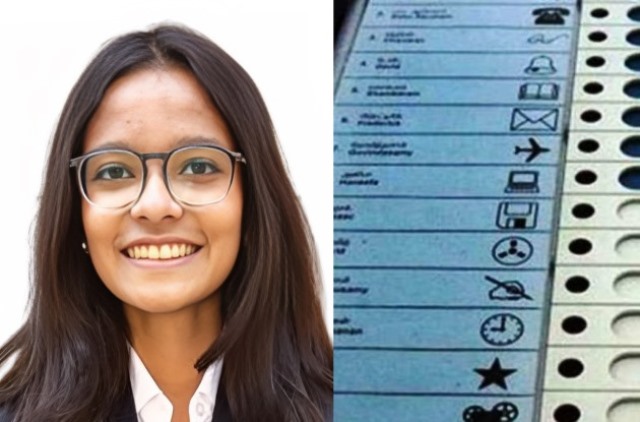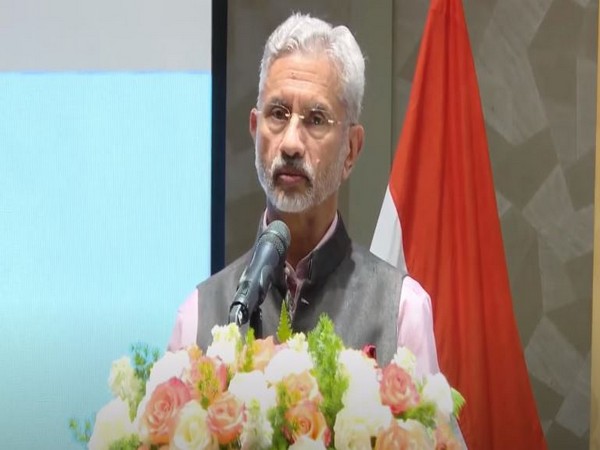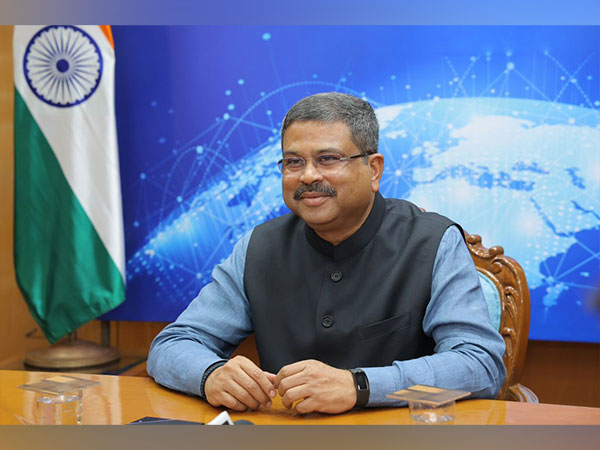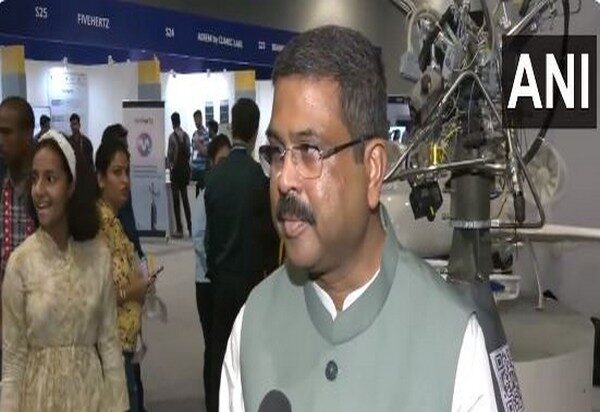Kriti Bhargava, an undergraduate at FLAME University, Pune who is pursuing a major in Public Policy and a minor in Economics, offers a first-time voter’s perspective. Her views:
As a student of public policy with a minor in economics, I find myself at a crucial juncture in my civic journey – preparing to cast my first vote in the upcoming elections. This milestone not only marks my formal entry into the democratic process but also represents an opportunity to engage critically with the policies that shape our nation’s trajectory.
Voting for the first time is an exhilarating experience filled with a sense of pride and responsibility that comes with exercising one’s democratic right. I vividly recall the anticipation and excitement leading up to the day, a feeling heightened by the guidance and support of my father, who helped me navigate the process of getting my name included in the voter’s list. What struck me most was the noticeable change in the ease of application, a seamless transition facilitated by online registration without the hassle of bureaucratic hurdles or the spectre of corruption. It’s truly a surreal moment to realize that I am now a participant in shaping the future of my country through the power of my vote, and for that, I am grateful to the government for streamlining the electoral process and making it accessible to all without discrimination or favouritism.
Over the past decade, India has witnessed a multitude of policy reforms and initiatives under the leadership of the National Democratic Alliance (NDA). As I prepare to exercise my democratic right, I cannot help but reflect on the impact of these policies on the socio-economic landscape of our country.
ALSO READ: ‘Even As A First Time I Can Recount NDA Achievements’
As a student, I am particularly appreciative of the significant strides made by the government in the realm of education and human capital development through initiatives which have helped foster innovation, entrepreneurship, and academic excellence, laying a strong foundation for the future of India’s youth.
One of the cornerstones of the NDA government’s educational reforms is the New Education Policy (NEP) 2020, which aims to overhaul the traditional approach to learning in India. By emphasizing critical thinking, creativity, and multidisciplinary studies, the NEP shifts the focus away from rote memorization towards experiential learning, empowering students to explore their interests and passions.
Complementing this, the Skill India Initiative, launched in 2015, underscores the importance of skill development in enhancing employability. Through programs like the Pradhan Mantri Kaushal Vikas Yojana (PMKVY), millions of youth are equipped with industry-relevant skills, paving the way for a workforce that is not only job-ready but also capable of driving innovation and entrepreneurship in diverse sectors.
The government’s commitment to ensuring equal access to education is evident through initiatives like the National Scholarship Portal (NSP), which simplifies the process of availing scholarships and financial aid, thereby enabling deserving students to pursue their educational goals unhindered by financial constraints. Moreover, to foster innovation and entrepreneurship among students, initiatives like Atal Tinkering Labs (ATL) and Startup India provide platforms for students to unleash their creative potential and develop solutions to real-world challenges. Not only this, the National Digital Library (NDL) democratizes access to quality educational resources in digital format, empowering students and educators nationwide to pursue academic excellence.
The upcoming elections present an opportunity for me to engage critically with the policies and governance of the past decade under the NDA government. While acknowledging the positive strides made, I remain committed to scrutinizing the government’s performance across various fronts. As I prepare to cast my vote, I am motivated by a sense of responsibility and optimism for the future of our nation. With my ballot in hand, I am eager to contribute to shaping a better, more inclusive, and prosperous India for generations to come. Getting inked is not just about selecting a button, it is about making my voice heard in the grand chorus of democracy, and I am excited to play my part in this vibrant tapestry of civic engagement.
The narrator is serving as the Batch Captain UG2 in the Student Council and has also cleared the National Defence Academy Examination (NDA/NA-149) with AIR 332
As told to Deepa Gupta



